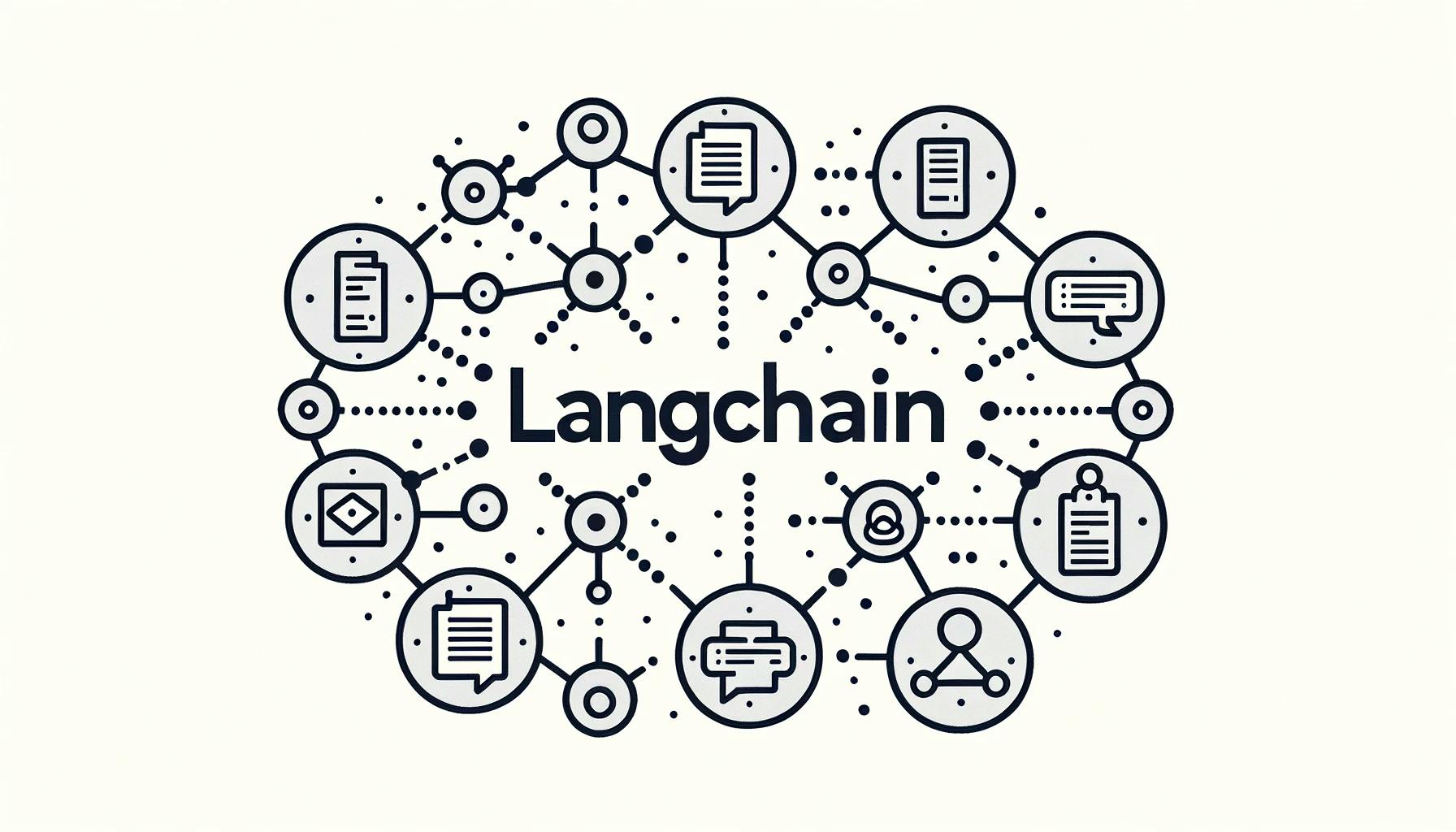How to Add Memory to load_qa_chain and Answer Questions in LangChain
Published on

Welcome to this comprehensive guide on load_qa_chain, a game-changing function in the world of question-answering systems. If you're a prompt engineering teacher or a developer interested in creating more efficient and accurate question-answering models, you've landed on the right page.
In the next few sections, we'll dissect what load_qa_chain is, how it works, and why it's a must-have tool in your prompt engineering toolkit. We'll also walk you through practical examples and additional features that can elevate your projects to the next level.
What is load_qa_chain in LangChain?
The term load_qa_chain refers to a specific function in LangChain designed to handle question-answering tasks over a list of documents. It's not just a function; it's a powerhouse that integrates seamlessly with Language Models (LLMs) and various chain types to deliver precise answers to your queries.
- Language Models (LLMs): These are the brains behind the operation. They analyze the text and generate responses based on the data they've been trained on.
- Chain Types: These are the methods or algorithms that the function uses to process and refine the answers. Examples include
stuff,map_reduce,refine, andmap_rerank.
Setting Up Your Environment for Using load_qa_chain
How to Initialize GPTCache for load_qa_chain
Before you can fully utilize load_qa_chain, it's essential to set up GPTCache. This caching mechanism significantly speeds up the answer retrieval process. Here's how to do it:
-
Install GPTCache: First, you'll need to install the GPTCache package. You can do this using pip:
pip install gptcache -
Set API Key: Make sure your
OPENAI_API_KEYenvironment variable is set. This is crucial for GPTCache to function correctly.export OPENAI_API_KEY=YOUR_API_KEY -
Initialize Cache: Now, initialize the cache using the following Python code snippet:
from gptcache import cache cache.init() cache.set_openai_key()
By following these steps, you've successfully set up GPTCache, making your load_qa_chain function more efficient.
Importance of API Keys and Environment Variables
API keys and environment variables are the backbone of any secure and efficient application. In the context of load_qa_chain, the OPENAI_API_KEY is particularly important. This key allows you to interact with the OpenAI API, which in turn enables the caching feature of GPTCache. Without this key, you won't be able to leverage the full power of load_qa_chain.
Examples of Using load_qa_chain
A Simple Example with LangChain's LLMs
Let's dive into a straightforward example to understand how load_qa_chain works in practice. Suppose you have a list of documents and you want to know, "What did the president say about Justice Breyer?"
Here's how you can do it:
-
Import Required Libraries: First, import the necessary Python libraries.
from langchain.chains.question_answering import load_qa_chain from langchain.llms import OpenAI -
Initialize LLM and Chain Type: Choose your LLM and chain type. For this example, we'll use OpenAI's GPT model and the
stuffchain type.llm = OpenAI(temperature=0) chain_type = "stuff" -
Run the Function: Now, run the
load_qa_chainfunction with your list of documents and the question.chain = load_qa_chain(llm, chain_type) documents = ["Document 1", "Document 2", ...] question = "What did the president say about Justice Breyer?" answer = chain.run(input_documents=documents, question=question) -
Review the Answer: The function will return an answer, which you can then review or use as needed.
print(answer)
By following this example, you've successfully used load_qa_chain to retrieve an answer to your question.
Advanced Usage for More Control
If you're looking for more control over the answer retrieval process, load_qa_chain has got you covered. You can use the return_only_outputs=True parameter to get only the final answer or set it to False to get intermediate steps as well.
chain = load_qa_chain(llm, chain_type, return_only_outputs=False)
answer = chain.run(input_documents=documents, question=question)
print(answer)This advanced usage allows you to inspect the intermediate steps, providing a deeper understanding of how the function refines the answers.
How to Use load_qa_chain with Memory
One of the most intriguing aspects of load_qa_chain is its ability to work with memory. This feature allows the function to remember past interactions, making it incredibly useful for conversational applications. Here's how to implement it:
-
Initialize Memory: First, you need to initialize a memory object. You can use Python dictionaries for this purpose.
memory = {} -
Run the Function with Memory: Now, run
load_qa_chainwith thememoryparameter.answer = chain.run(input_documents=documents, question=question, memory=memory) -
Update Memory: After each interaction, update the memory object.
memory.update({"last_question": question, "last_answer": answer})
By following these steps, you can make your load_qa_chain function more dynamic and conversational.
Where to Find load_qa_chain Documentation and Examples
If you're looking to dive deeper into load_qa_chain, there's a wealth of documentation and examples available online. While you can find comprehensive guides on GitHub, there are also community discussions on platforms like Stack Overflow that cover various aspects, from basic implementation to advanced features.
- GitHub: A go-to place for code snippets and detailed explanations.
- Stack Overflow: Ideal for troubleshooting and understanding different use-cases.
- LangChain's Official Documentation: Provides an in-depth look at the function's parameters and capabilities.
Conclusion
We've covered a lot of ground in this guide, from the basic mechanics of load_qa_chain to setting up your environment and diving into practical examples. This function is a powerful tool in the realm of prompt engineering, offering a range of features and capabilities that can significantly enhance your question-answering tasks.
FAQs
What is load_qa_chain?
load_qa_chain is a function in LangChain designed for question-answering tasks over a list of documents. It integrates with Language Models and various chain types to provide precise answers.
How do I set it up?
You can set it up by installing the necessary packages, initializing GPTCache, and setting your OPENAI_API_KEY. Then, you can run the function with your choice of Language Model and chain type.
Where can I find examples?
Examples can be found in LangChain's official documentation, GitHub repositories, and community discussions on platforms like Stack Overflow.
Can it be used in Python projects?
Yes, load_qa_chain is highly compatible with Python and can be easily integrated into Python-based projects.
How does it work with GPTCache?
GPTCache can be used to cache the answers generated by load_qa_chain, making the retrieval process faster and more efficient.
